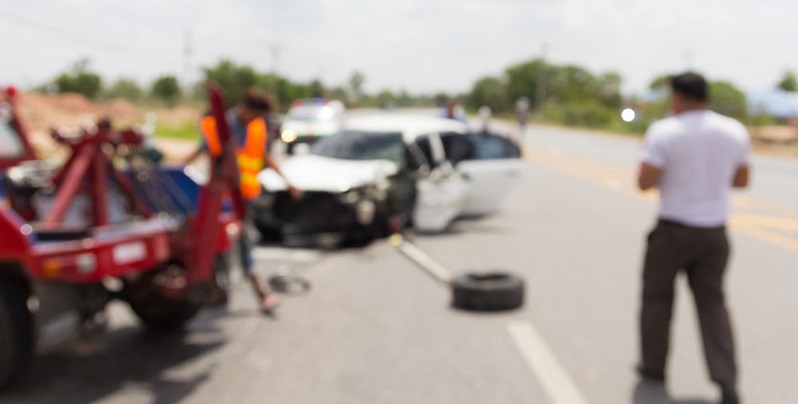News of accidents involving self-driving vehicles seems to be making people scrutinize their safety even though analysts have noted that they believe the technology will reduce fatalities due to auto accidents by as much as 90 percent. Despite some safety concerns, states, like Colorado, are moving forward with road testing of autonomous vehicles.
You would think that those living in one of the most progressive states in the U.S. would be ‘all in’ when it comes to self-driving vehicles. Also known as autonomous vehicles (AV), these high-tech cars were once touted as the next generation of transportation, but recent polls show hesitation amongst potential consumers for these cars as safety concerns rise.
Attitudes Differ When It Comes to AV
A nationwide poll in early April showed that trust in self-driving vehicles is declining. With a sample size of 2000 adults, the poll found that there was a 14-point drop in the belief that autonomous vehicles were safer than those driven by humans between mid-January and March; 50 percent of those questioned say they now think autonomous vehicles are less safe than those driven by humans.
The executive director of the Center for Auto Safety, Jason Levine, was asked about consumer opinion and why there now seems to be a lack of trust in autonomous vehicles. He noted:
“The idea is that this technology will make us safer — not as safe, but safer — and when there’s a demonstration of the possibility that that won’t be the case, that does tap into people’s concerns.”
One concern that continues to surface when it comes to safety is the number of auto accidents that have occurred involving AVs.
Safety Concerns Climb In Wake of Increased Autonomous Vehicle Accidents
May brought news of another crash involving an autonomous vehicle that was traveling on autopilot when it crashed into, of all things, a police vehicle. Thankfully, no one was seriously injured, but this accident puts the spotlight back on Tesla as it involved one of their vehicles. This isn’t the first time a Tesla car has been involved in a crash while on autopilot. The manufacturer has had some high-profile crashes, though it’s not the only manufacturer of AVs involved in accidents, there have been many others.
Colorado Moves Forward
News of such accidents seems to be making people scrutinize the safety of AVs even though analysts have noted that they believe AVs will reduce fatalities due to auto accidents by as much as 90 percent. Despite some safety concerns, states, like Colorado, are moving forward with road testing of AVs. In Denver, a driverless shuttle bus is in the final testing phase with the hope that it becomes part of mass transportation for downtown workers.
Though there have been a few crashes involving AVs, consider this: According to federal officials, more than 37,000 people were killed in traffic accidents in 2016. Those same officials note that in most of the crashes, 94 percent occurred due to human error. Autonomous vehicles not only take the human factor out of the equation, but they can see more and act faster and that, say authorities, will greatly reduce the number of yearly crashes and deaths on our nation’s roadways. That would be good news regardless of where you live.

